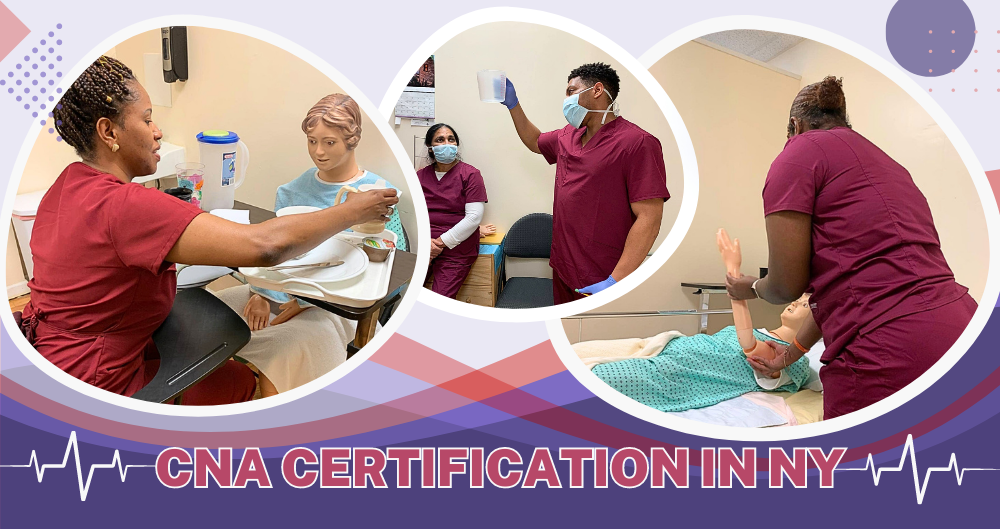How to Become a CNA in New York

Becoming a Certified Nursing Assistant (CNA) in New York offers a stable, fast-entry path into healthcare. CNAs in New York earn $47,530 per year ($22.85/hour), according to the U.S. Bureau of Labor Statistics. To qualify, you must complete state-approved training, pass the New York State CNA exam, and be listed on the state registry. This guide simplifies each step so you can start your CNA career with confidence.
If you're ready to begin training, explore local programs through Dreambound below.
Where CNAs Work in New York
CNAs work in a variety of healthcare settings, including:
- Nursing homes
- Rehabilitation centers
- Hospitals
- Assisted living facilities
- Home healthcare agencies
These environments provide opportunities for gaining experience and advancing to roles like LPN or RN in the future.
Frequently Asked Questions
What do you need to be a CNA in New York?
You need to complete a state-approved CNA training program, pass a background check, meet health screening requirements, and take the New York State CNA exam. Once you pass, you must be listed on the New York State Nurse Aide Registry.
How much do CNAs get paid in NY?
CNAs in New York earn $47,530 per year ($22.85/hour) on average, based on BLS data. Pay varies by city, with higher wages common in the NYC metro area.
What is the easiest way to become a CNA?
The easiest pathway is enrolling in a state-approved CNA program, completing the required hours, and taking the certification exam soon after finishing training.
How much does it cost to become a CNA in New York?
CNA programs usually cost $1,000–$3,000. Some employers offer free training or tuition reimbursement.
Final Thoughts
Becoming a CNA in New York is a straightforward path that opens doors to meaningful work and future healthcare careers. Once you meet the requirements, complete training, and pass the state exam, you can begin working as a certified nursing assistant across hospitals, long-term care facilities, and home health settings.
If you're ready to take the next step, compare CNA programs through Dreambound to find one in your area.
Related Guides

Alyssa Jane is part of the customer success team at Dreambound. She works with students, training providers, and employers, helping them have a smooth customer journey. She is also an ESL tutor and Licensed Psychometrician. She is fond of traveling, photography, and discovering new restaurants.




